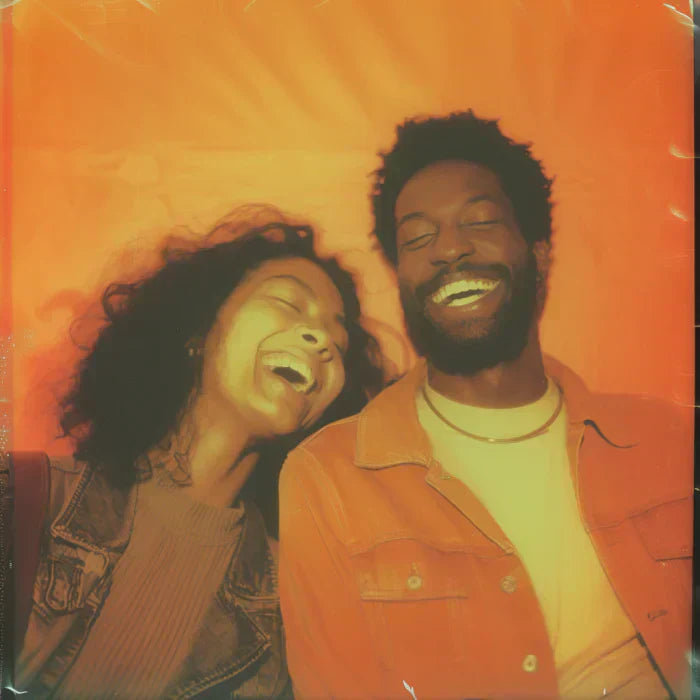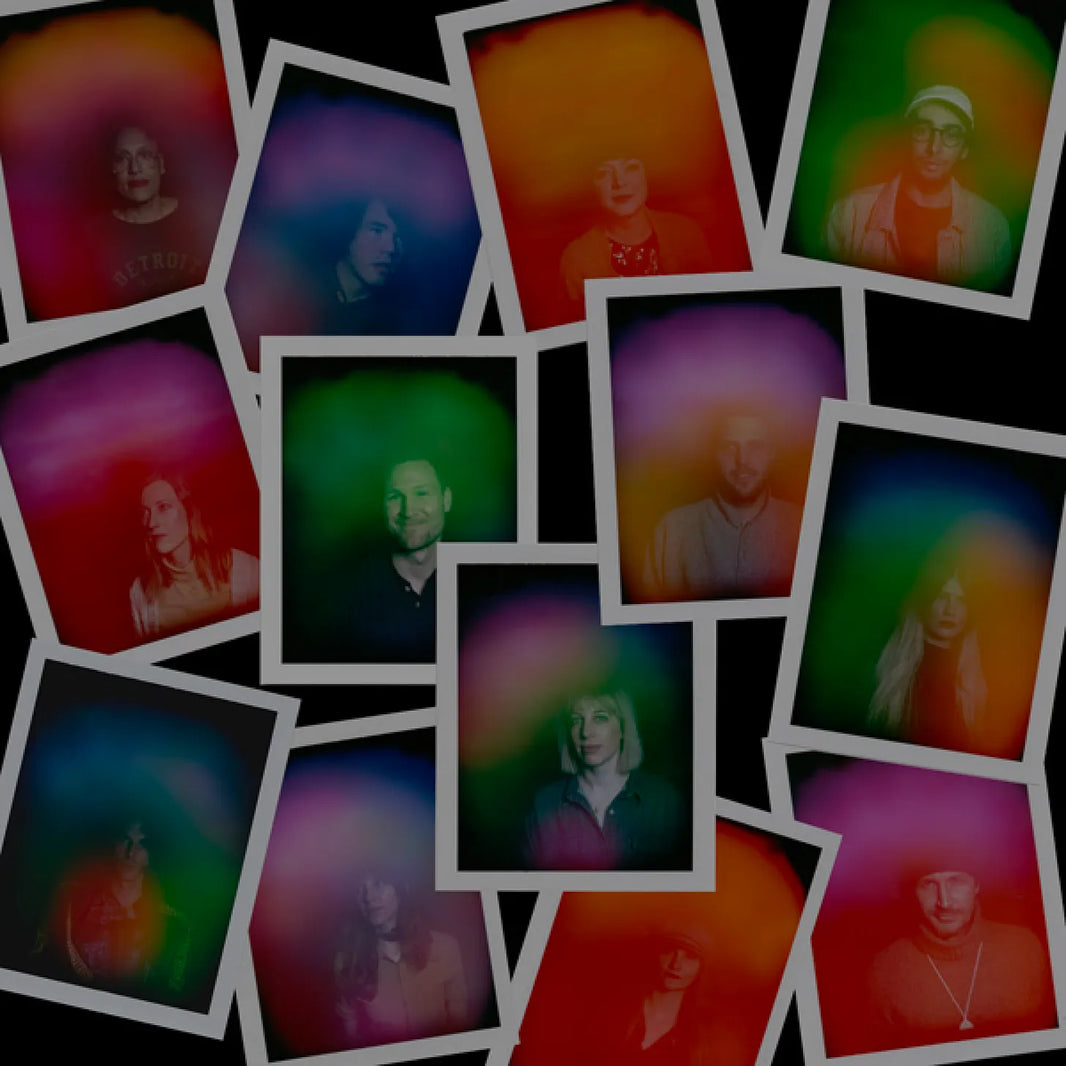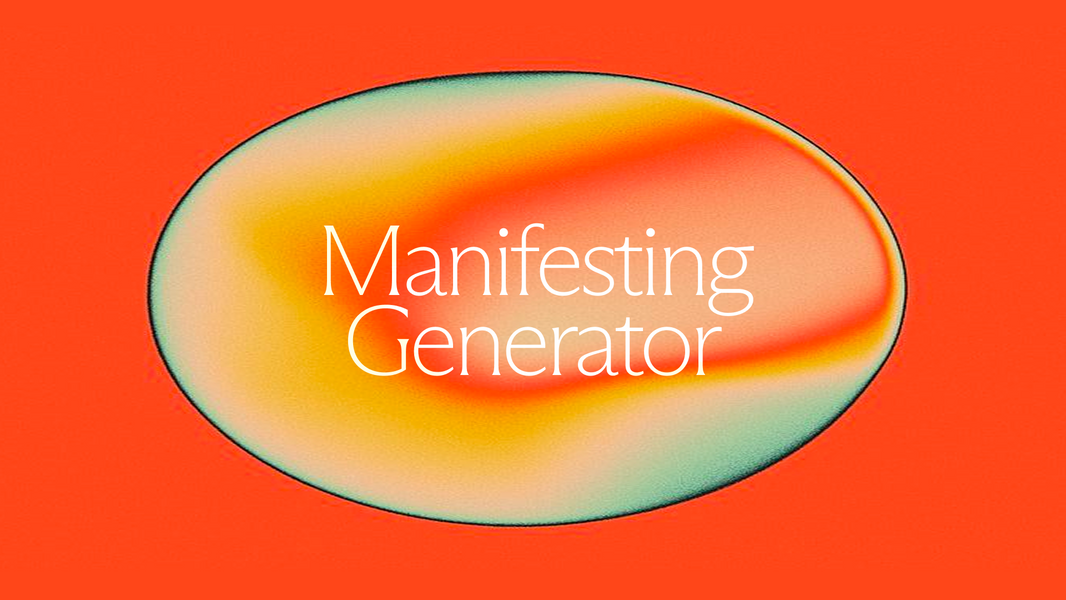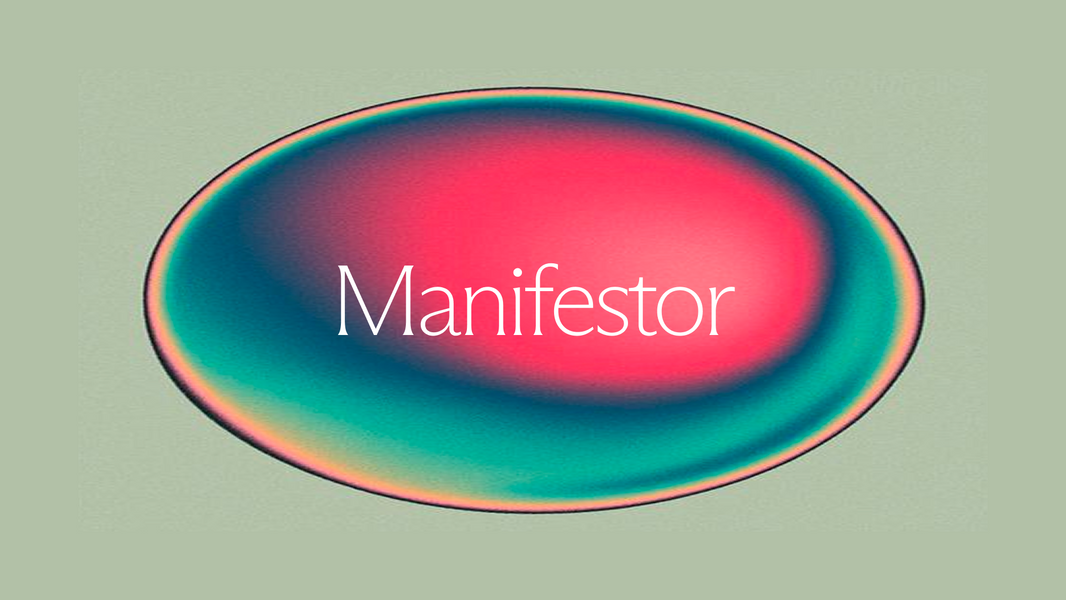I’m in Bombay, India this week. Just like New York it’s busy, draining, and multi-layered. An international city ripe with opportunity but also one that takes from you—money, time, and energy. To sum it up, I feel energetically drained. It’s easy to get lost in a place like this without a foundation. Thank god for friends who try and resuscitate my soul-less body. By hugging me for 5 minutes just to give some of that energy back. Supportive friendships are a grounding presence when life is spinning too fast. Friendships are a bedrock of stability—even when living out of a suitcase.
Most of my friends are shifting from soul sucking jobs to live their purpose. With that growth comes growing pains. Which makes the importance of supportive friendships even more important. Seeking guidance in uncertain times amidst personal shifts, societal shifts, and global reckonings. Makes me question, how can we show up and support each other on our separate journey's. Because friends do offer helpful insight, but in what way?
For me, I struggle to turn to someone when I’m down, crying, or stressed. Choosing to self-soothe lick my wounds of heartache, failure, self-doubt. My friends only know I’m in a rough spot by sharing one-word status updates:
I’m thriving or I’m surviving.
But that is exactly why I am learning how to lean on my friends and seek support. Because friendships aren’t just brunch dates, parties at the club, and inside jokes—it can be more. Supportive friendships can be the foundation that we lean on in times of crisis and mental anguish. They’re the late-night calls when feeling hopeless. The deep sighs of relief when we realize someone actually gets me. A pivotal conversation towards self-understanding, which I find is vital for the next chapter, post slump.
As a design researcher and wannabe anthropologist, I became curious to dig deeper into friendships. Curious about the variety of ways support looks like, feels like, and acts like. More importantly how can we support our friends better. Simply asking, what are the superpowers we wish we had to support our friend—can tell a lot about who you want to become. So I ran a survey to uncover friendship patterns. See for yourself and take the quiz here. After 100 people answer 11 questions… turns out, we have different strengths when it comes to navigating uncertainty and supporting the people we love.

How do you show up in a crisis?
When life throws curveballs, friendships become a lifeline. But not all friends show up the same way…most friends are the deep listeners (44.1%), the ones who hold space and let you vent without jumping in to fix anything. Others are the perspective shifters (17.8%), helping zoom out and see the bigger picture. Then there are the problem solvers (12.7%), the ones who say, “Alright, here’s the plan.”
And when asked what friends value most about them, nearly half (49.2%) said being understanding was their greatest strength. Translation? A lot of people just want to be seen and heard—no solutions necessary.
But on the flip side, some friends challenge you. 21.2% said they’re the ones who offer a contrary viewpoint when you’re stuck, showing you what you haven’t considered. It’s not always the advice you want, but sometimes it’s exactly what you need. If a friend is stuck in a loop, you shake things up and offer a completely different way to look at things.
How do you handle the unknown?
In these turbulent times. Life is messy, unpredictable, and constantly changing. And how you respond to the unknown plays a huge role in the kind of friend you are.
The Analyst: You question everything (26.3%) and need to break things down before making a move. If a friend comes to you overwhelmed, you’re the one who helps them sort through all the details, separating facts from feelings.
The Curious Explorer: You embrace the unknown with curiosity (23.7%). Instead of fear, you see possibilities. Your friends come to you when they need a reminder that uncertainty isn’t always a bad thing.
The Deep Feeler: You turn inward (22%) and rely on your intuition. When a friend is spiraling, you help them check in with themselves instead of getting lost in the noise of external advice.
The Big-Picture Thinker: You step back and look at the larger patterns (22.9%). If someone is stuck in their emotions, you help them see the long game.
Looks like we have a balance of these perspectives in our friend groups
What would your superpower be?
As cliche as it sounds. If you could have any superpower in your friendships, what would it be?
A. Telepathy ability to read minds
B. Telempathy ability to sense others feelings
C. Telekinesis ability to move obstacles
D. Precognition ability to see the future
E. Pyromancy ability to manipulate fire
Turns out, 39% of people would choose telempathy—the ability to sense and feel what others are feeling. I am sensitive to energetic shifts and it can be exhausting and sometimes debilitating. So I was shocked! This says a lot about what people value in relationships: deep, intuitive understanding.
It makes sense—when we’re struggling, we don’t always need words. We just need someone who gets it. Someone who can sit with us in the mess without rushing to clean it up. We must cherish these empathetic friends for all that they silently do. I’ve learned that we also need to be mindful of their energy—so that they too are not emotionally drained and energetically zapped. One simple practice I’ve learned is to ask if they have the emotional space to listen before unloading trauma drama. A quick check-in 'Do you have the capacity for this right now?'—can make all the difference in preserving their well-being. While also offering the space to share freely.
Back to the superpowers. Other picks? Telepathy (22.9%)—because knowing what your friend is really thinking would save a lot of time. Telekinesis (20.3%)—because who wouldn’t want a mortal Ganesha with the ability to move obstacles out of the way? Then Precognition (14.4%) ability to see the future to seek sage advice.
And then there are the rare fire starters (3.4%) who picked pyromancy, because honestly, sometimes you just want a ride or die bitch to help burn it all down and start fresh. But to be frank you can’t bring the fire friend to fight more fire.
What kind of friend are you?
In my research the majority of those that ground us in uncertain times are those that patiently listen, guide with empathy like therapists. But at the end of the day, there’s no single “right” way to be a good friend. Some of us listen, some of us solve, some of us push, and some of us simply sit in the silence with you. The key is knowing your strength—your friendship superpower—and leaning into it when your people need you most.
So tell me: When life gets messy, how do you show up?





